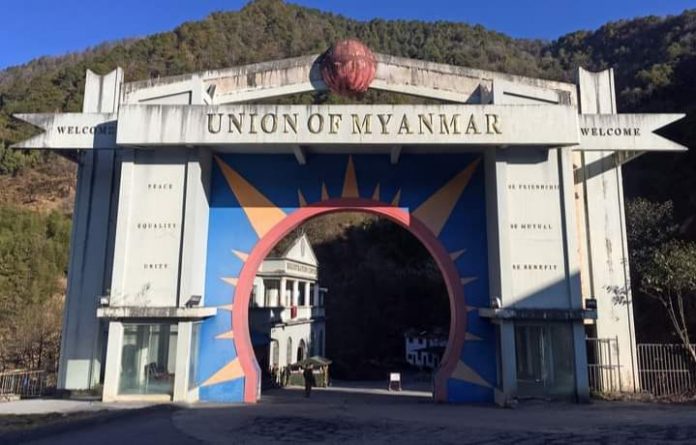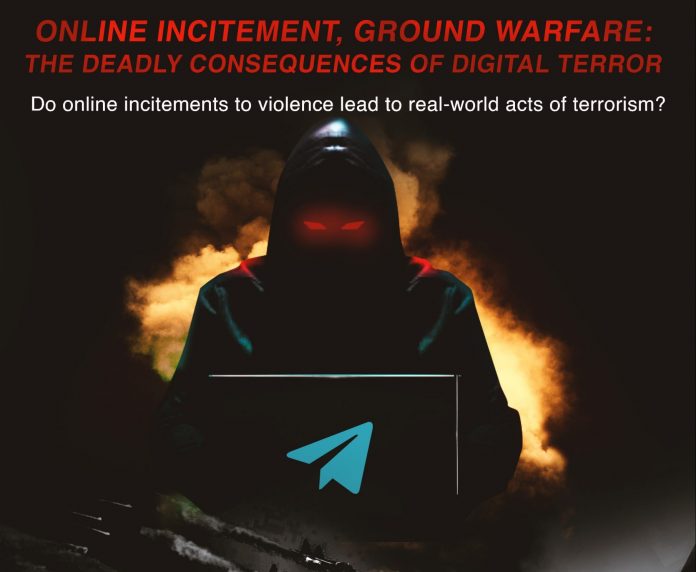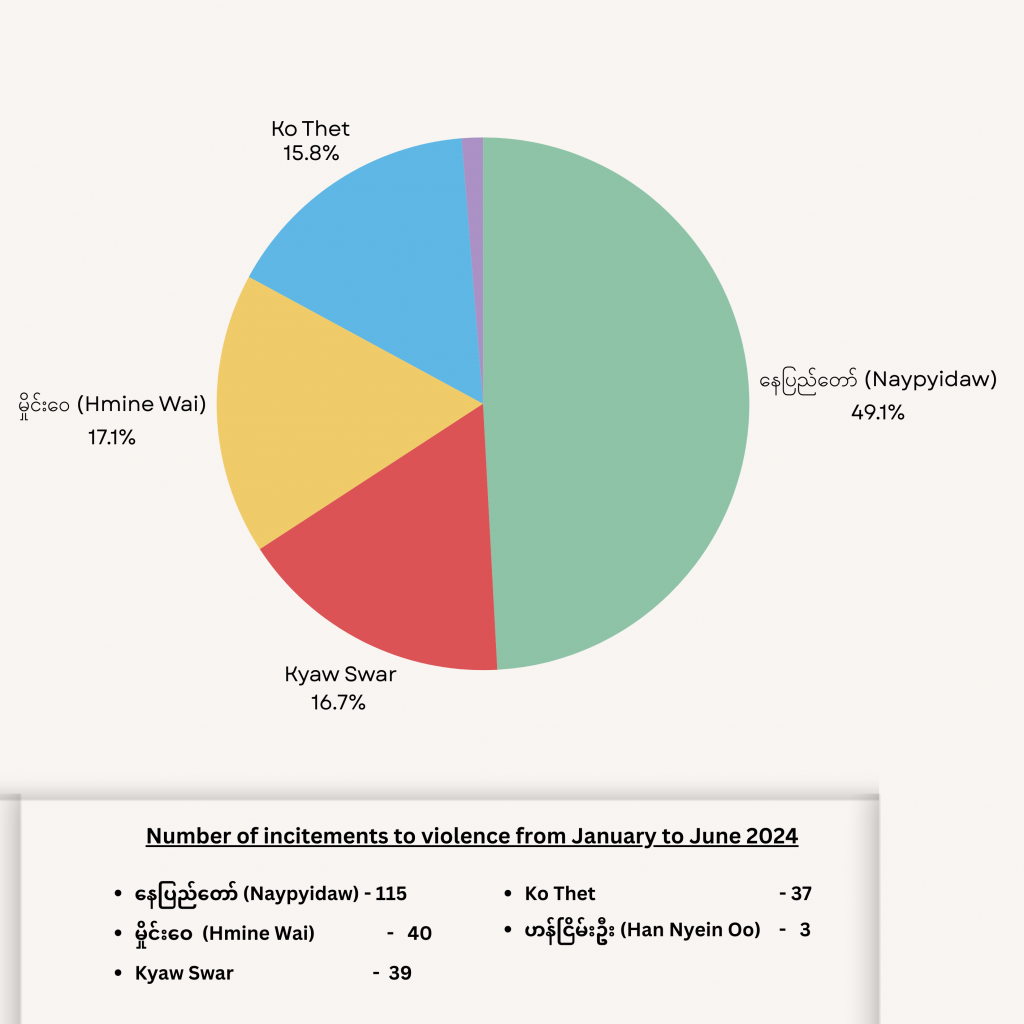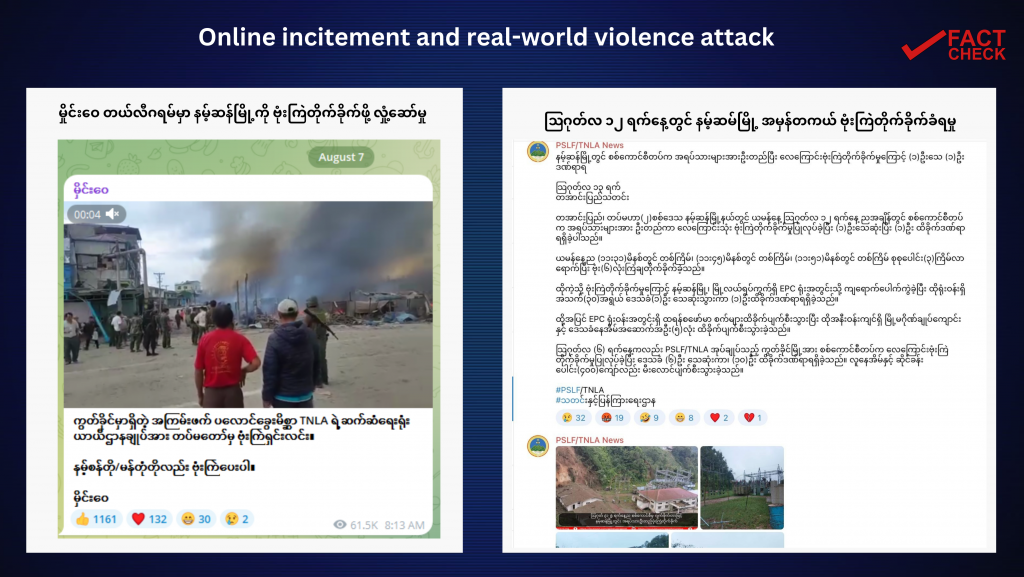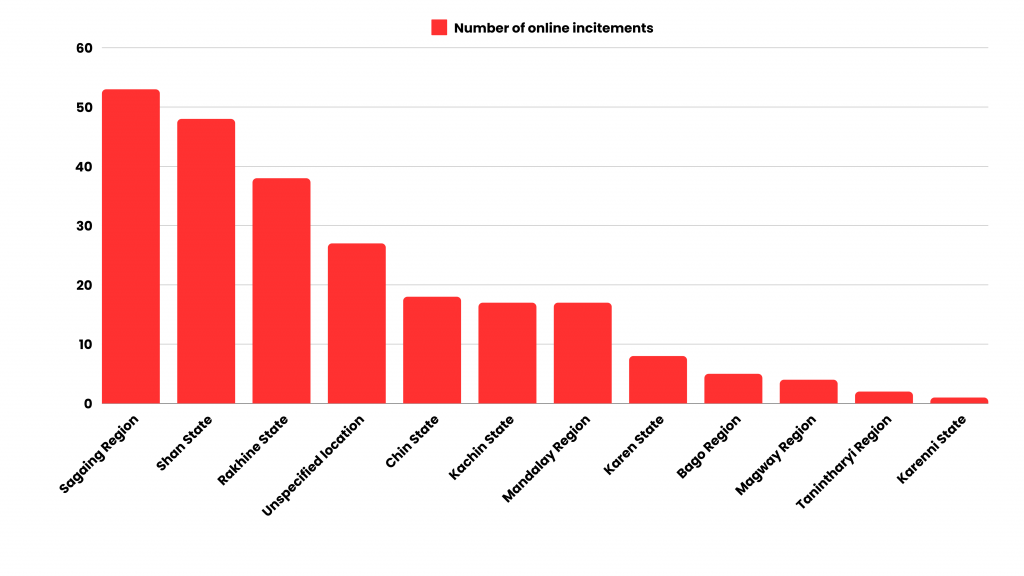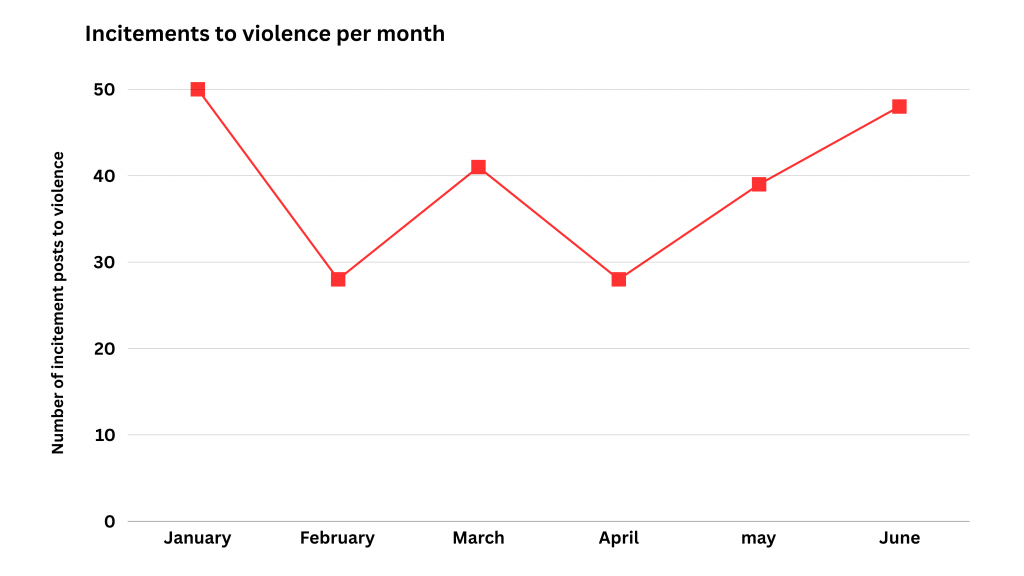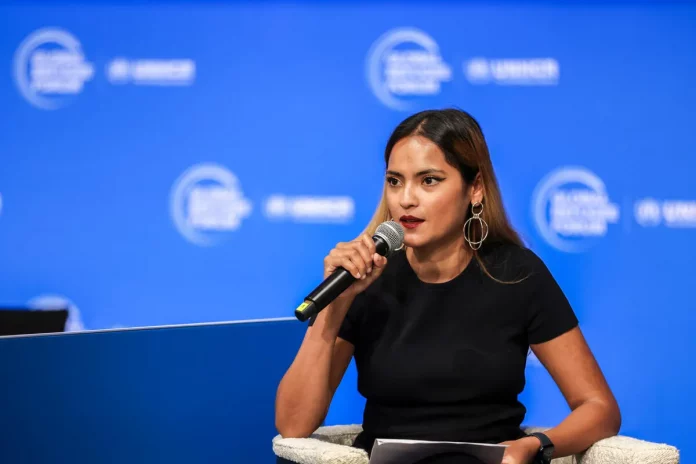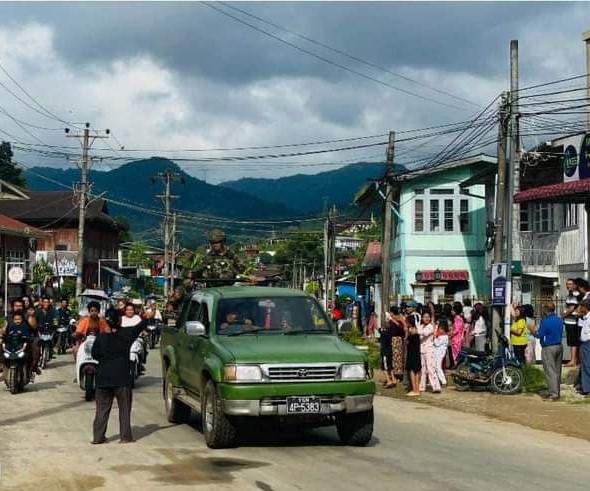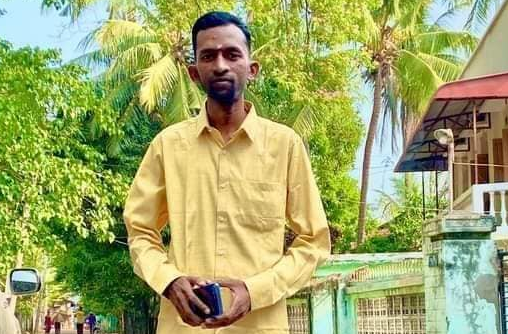Kachin Independence Army seizes control of China border town
The Kachin Independence Army (KIA) took control of the China-Burma border town of Phimaw, Chipwi Township, located 90 miles (145 km) northeast of the Kachin State capital Myitkyina, on Saturday. It seized the remaining military outpost after troops abandoned it.
“All three headquarters of the [Kachin] Border Guard Force, Battalions 1001 in Phimaw and 1002 in Lupi [Pangwa] and 1003 in Kanpaikti, were seized by KIA-led forces. Most of the troops in those areas are pro-military militias and BGF,” a frontline source from KIA told DVB.
Phimaw is located in the Kachin Special Region 1, a hub for Burma’s lucrative rare earth mining, which was reportedly worth $1.4 billion USD last year. The Chinese authorities blocked trade at Phimaw border station on Oct. 26, after the KIA seized control of Pangwa town on Oct. 18.
DVB investigation into online incitement leading to real world violence
In the first six months of this year, pro-military Telegram accounts and channels have been actively spreading hate speech aimed at inciting violence. Phrases such as: “It’s okay if only the land remains [after attacks],” or “people are calling for bombings,” and “there are no civilians left, only terrorists—just bomb them,” were shared, our investigation found.
“Digital platforms have increasingly been used as weapons, with online incitement leading to violent consequences affecting towns and civilians, marking these actions as evidence of war crimes. This report aims to support efforts to curb such violence online and, in time, to hold perpetrators accountable for acts of terror,” said Pyi Sone, the head of DVB Digital.
DVB Fact Check has monitored five Telegram channels—Hmine Wai, Kyaw Swar, Ko Thet, Han Nyein Oo, and Naypyidaw—which were actively spreading calls for violence. Over a six-month period, we were able to collect a total of 234 instances of incitement to violence from these Telegram channels. Download the report.
Watch our explainer video: How is Telegram app being used in Myanmar?
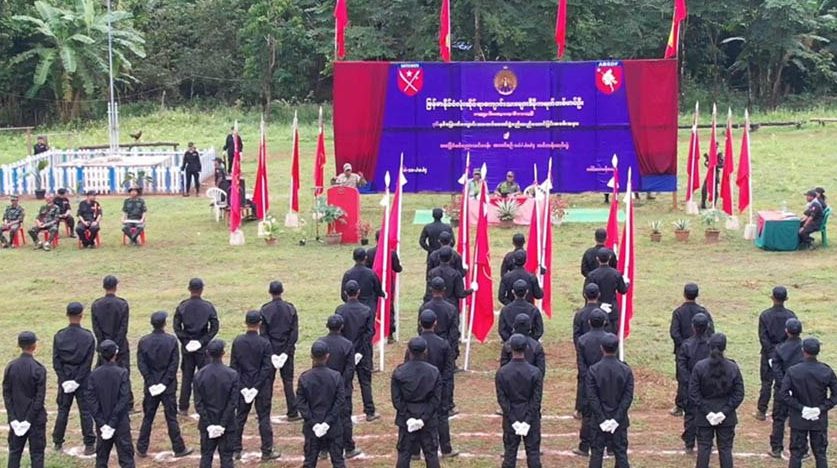
All Burma Students’ Democratic Front 36th anniversary
The All Burma Students’ Democratic Front (ABSDF) stated on Friday that “it is time to speed up the politics, military operation and diplomatic fights for the emergence of a new federal union,” during its 36th anniversary celebrated in an undisclosed area of Karen State.
It added that 826 of its members have been killed during fighting against the military since its establishment in 1988. The National Unity Government (NUG) Ministry sent a message of support, pledging to continue working with the ABSDF to establish a federal union.
The ABSDF was founded on Nov. 1, 1988 by student activists who had fled the military crackdown on the pro-democracy protests which started on Aug. 8, 1988, known as the ‘8888 Uprising’. The Democratic Party for a New Society (DPNS), along with several anti-coup resistance groups, sent congratulatory messages to the ABSDF over the weekend.
News by Region
AYEYARWADY—Fifty-four Rohingya, including youth under the age of 18, were arrested at Yenatha checkpoint gate in Ngayokaung town, located 63 miles (101 km) south of the Ayeyarwady capital Pathein, on Friday. The 54 had reportedly fled fighting between the Arakan Army (AA) and the military in neighboring Arakan State.
“We don’t know where they have been taken for investigation. I’ve been told that the police officers and soldiers are conducting the investigation,” a source close to the Ngayokaung police station told DVB. Human rights groups have claimed that both the AA and the military have targeted Rohingya since fighting erupted in northern Arakan in May.
MANDALAY—Regime media reported that 14 women were rescued in Mandalay, and six men were arrested and charged under anti-human trafficking laws on Nov. 2. Among those arrested were three Chinese and three Burma nationals who have been accused of trafficking women to China for marriage.
It added that a Chinese national named Gao Fengying and three victims were detained at Mandalay International Airport on Oct. 24, as they were departing for Thailand. This led to the release of an additional 11 human trafficking victims in Mandalay.
Jailed National League for Democracy (NLD) Minister of Electricity, Energy and Construction for Mandalay Region, Zarni Aung, was transferred from Obo Prison to Mandalay Hospital on Friday. A source at Obo Prison told DVB that Zarni Aung is receiving medical treatment for cancer.
“Prison authorities and military sent him to the hospital,” a source from Mandalay Hospital told DVB on the condition of anonymity. Zarni Aung is serving an eight year sentence for allegedly violating the Natural Disaster Management and Anti-Corruption Laws.
(Exchange rate: $1 USD = 4,510 kyat)
Read: A Rohingya woman advocating for her community at the international level by Noor Azizah.


